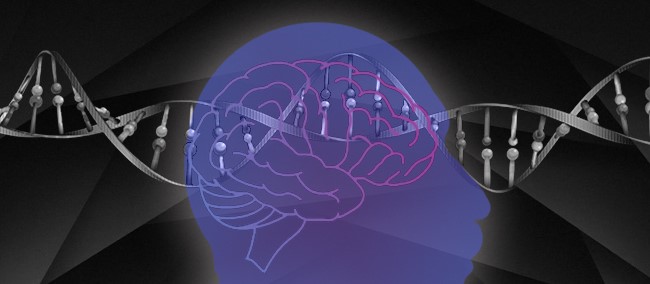
In the ongoing pursuit of understanding Alzheimer’s disease (AD), scientists are taking a closer look at the genetic landscape. Their investigation has revealed thousands of genetic variants linked to AD, many of which were once overlooked as non-coding regions of the genome. Recent advancements in the field of epigenetics have illuminated the critical role these non-coding variants play in gene regulation. However, how these gene changes affect Alzheimer’s risk and brain cells is still unclear.
Researchers from the University of North Carolina (UNC) at Chapel Hill and the University of California (UC), San Francisco, are now looking at these gene changes in brain immune cells called microglia to learn more about Alzheimer’s
Microglia, the brain’s immune cells, play a crucial role in AD, according to the study’s author, Yun Li, a professor of genetics and biostatistics at UNC’s School of Medicine. She pointed out that their study is centered on the vital genomic regions responsible for regulating microglia cells. “These variants and regions we’ve uncovered will serve as a great starting point for conducting further experiments in microglia”, stressed Li.
Li, along with Yin Shen, PhD, an associate professor at the Institute of Human Genetics and the Department of Neurology at UC-San Francisco, conducted an in-depth analysis of microglia to identify potential functional regions containing genetic variants associated with AD. Their findings, published in Nature Genetics, unveiled 181 previously unidentified regions of interest containing 308 prioritized variants, marking a significant expansion of our understanding of Alzheimer’s genetics.
To prioritize risk variants and their potential functional regions (called candidate cis-regulatory regions, or cCRE), the researchers conducted fine-mapping of 37 genetic loci linked to AD in microglia. They used epigenetic signatures and 3D genome interaction annotations to identify variants likely to influence microglia function.
After prioritization, they performed CRISPR interference (CRISPRi) screening with differentiated human pluripotent stem cell microglia to pinpoint regions impacting gene expression. This epigenomic editing technique allowed them to observe how turning off one region affected multiple nearby genes.
In previous articles, we’ve highlighted the connection between AD and epigenetic alterations to brain cells, as well as the use of epigenetic editing to investigate the genome. In this study, the researchers employed epigenome annotation and epigenetic editing techniques to pinpoint specific regulatory elements associated with AD and manipulate them to better comprehend their impact on the condition.
“We have been asking the wrong question,” said Li. “We should be asking what the targeting gene or genes of these variants are affecting the microglia. Sometimes, one variant may affect the expression of multiple genes in the neighborhood.”
Moreover, they found that multiple AD-related genetic variants could exist within each region. To pinpoint the causal variants from this genetic complexity, the team used cutting-edge genome editing called prime editing. This technique enabled them to identify one specific variant (rs7922621) responsible for the expression of the TSPAN14 gene, distinguishing it from highly correlated variants within the same cCRE region.
Importantly, this variant negatively affected several downstream cellular processes, including the maturation of the ADAM10 protein and the shedding of soluble TREM2 in microglia. Since all three genes are known to be AD risk genes, the study successfully linked a non-coding variant to microglia functions beyond gene expression control.
The researchers believe their findings will help discover more causes of AD, predict disease risks, and develop better treatments. They plan to use more advanced model systems, like human cerebral organoids, to study AD risk variants and mimic the human brain.
Source: Xiaoyu Yang, et al. Functional characterization of Alzheimer’s disease genetic variants in microglia. Nature Genetics, September 21, 2023.
Reference: Researchers Connect Alzheimer’s-Associated Genetic Variants with Brain Cell Function. University of North Carolina Health Care. September 7 2023.

